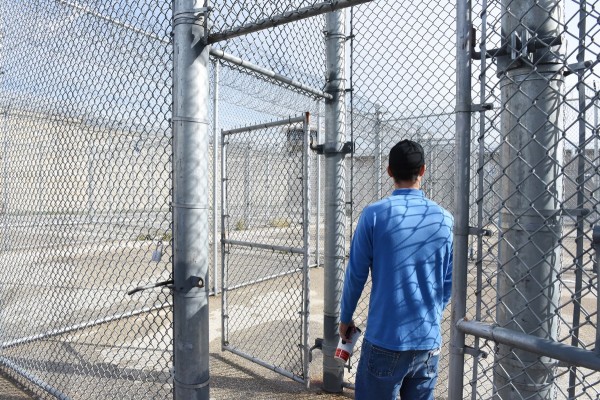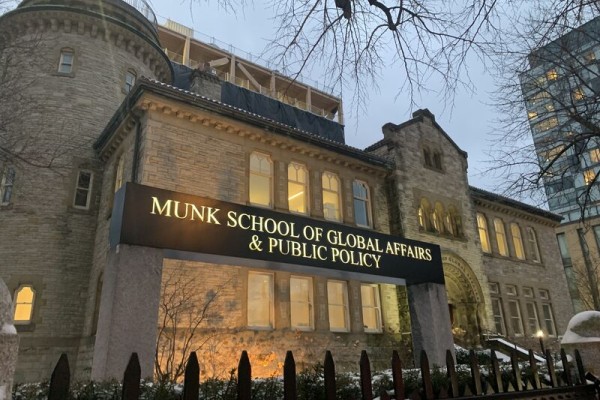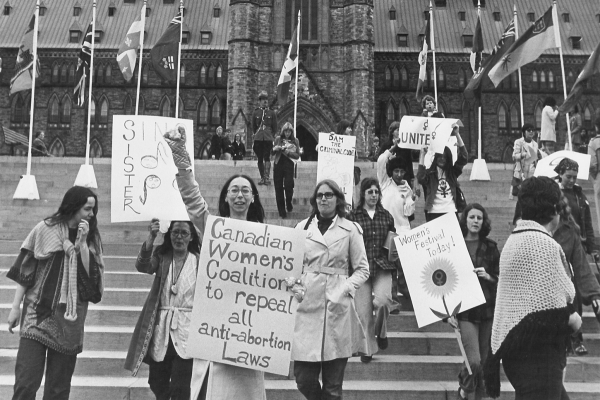-

Bursting the bubble (zone): Resisting Toronto’s anti-protest bylaw
Toronto’s new bubble zone anti-protest bylaw is both more and less dangerous than it may appear at first glance. Less because the bylaw’s enforceability and constitutionality are shaky, more because this provision needs to be understood as an example of the lawfare being wielded against pro-Palestinian solidarity and other left movements.
-

One day, everyone will have always been against this
One of the most remarkable—not to say shameful—features of the last 20 months of carnage in Gaza has been the near-unanimity of support for Israel’s assault from Western governments and political parties of otherwise sharply opposed persuasions, regardless of how criminally Israel has conducted its “war.”
-

What we really mean when we talk about solving the housing crisis
If we wanted to create a world where everyone has affordable housing we would. We would take a track similar to France, Austria, or Finland and work to undo cultural stigmas against renting and social housing and use non-market alternatives to provide decent homes for all. But our leaders have made it clear that they have no interest in following this path.
-

BC NDP fails people suffering from opioid use disorder
The BC NDP has fallen into familiar patterns with its willingness to use vulnerable populations as a political bargaining chip in hopes of appearing tough on certain issues. The government’s current approach not only harms community members affected by their policies, but also legitimizes the unfounded criticisms levied by the opposition.
-

Everyone should have a right to information, including people who are behind bars
People in Canadian prisons are barred from using the internet or email, and printed materials are limited and hard to come by. Most prisons have a library, but access can be heavily restricted due to rolling lockdowns and bureaucratic obstacles. This lack of access to information creates significant barriers that extend far beyond an individual’s time in prison.
-

Yale professors flee US for Toronto school linked to massive human rights abuses
The notion that the Munk School promotes democracy, liberty, and freedom is tainted by its namesake’s legacy. The centre was bankrolled by a right-wing oligarch whose fortune was drawn from plunder, and who actively quashed critical reporting on his company’s global activities. If the professors ditching Yale for Munk have any awareness of these facts, they haven’t shown it.
-

Surrendering to authoritarianism
The law in authoritarian states protects the criminality of the powerful. It revokes due process, basic freedoms and the rights of citizenship. It is an instrument of repression. It is a very small step from the stripping of rights from a legal resident holding a green card to the stripping of rights of any citizen. This is what is coming.
-

Canadian popular history suppresses memory of activism
Pretty much everything that we might find redeemable about Canadian society has come as a result of community-based struggles and social movements. Yet, most people have little awareness of the historical significance of collective action because public memory practices rarely recollect, never mind detail, histories of activism.
-

Antisemitism is merely one of the forms of bigotry now proliferating
Not only does the focus on antisemitic incidents draw Canadians’ attention away from the death toll in Gaza and the muzzling of Canadian voices condemning it, it also amplifies calls by representatives of CIJA, B’nai Brith Canada and other mainstream Jewish leaders for more severe repressive measures against peaceful opposition to Israel’s genocide.
-

The paradoxes of an Oscar win in a West Bank under siege
In the wake of its Oscar win, No Other Land has been criticized for normalizing the Occupation and violating BDS guidelines. Yet, for a community that has fought so hard for the very right to exist, this film and the accompanying global discussion, opens up possibilities. The movie is important because it tells their story to the world.



